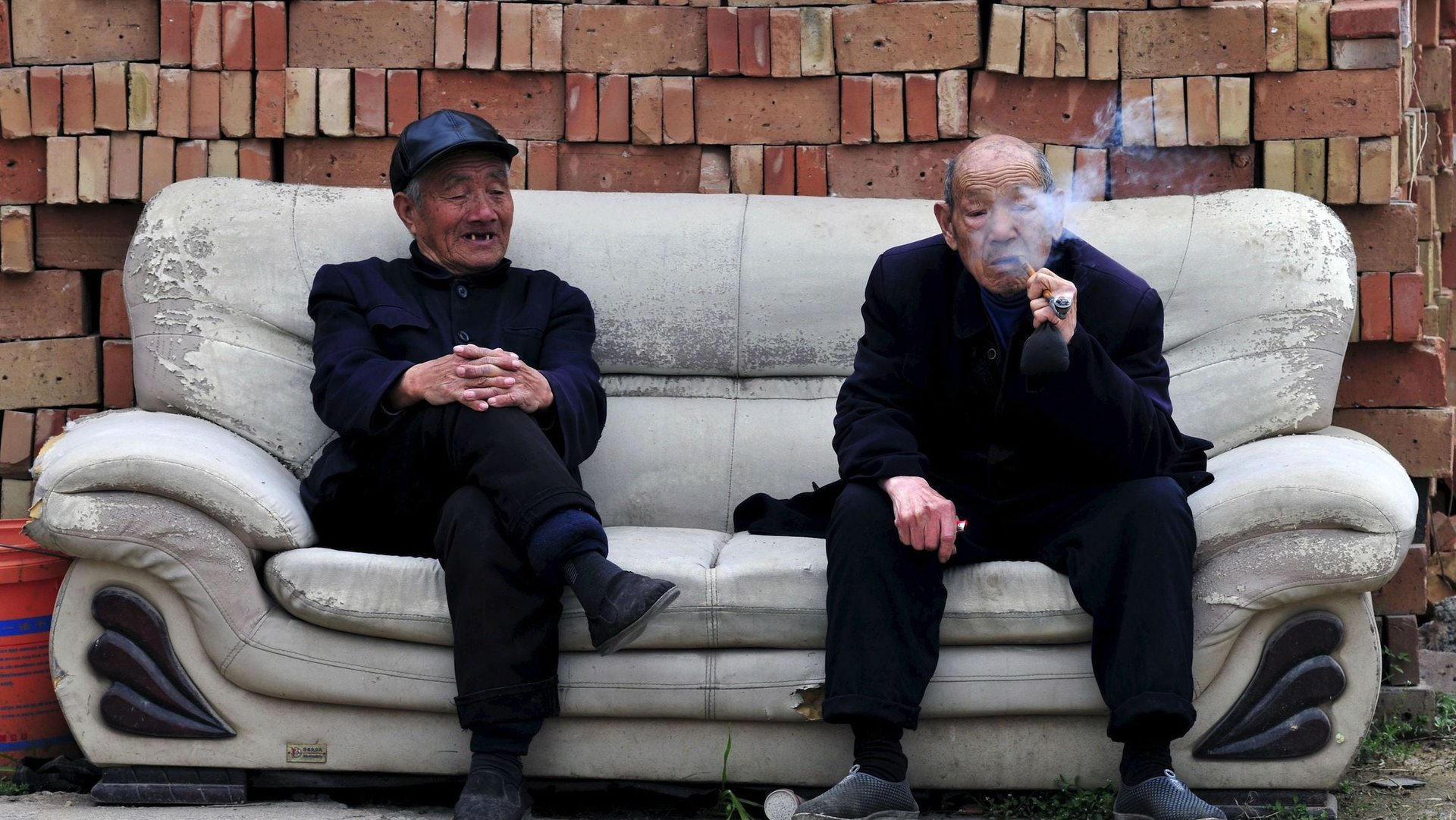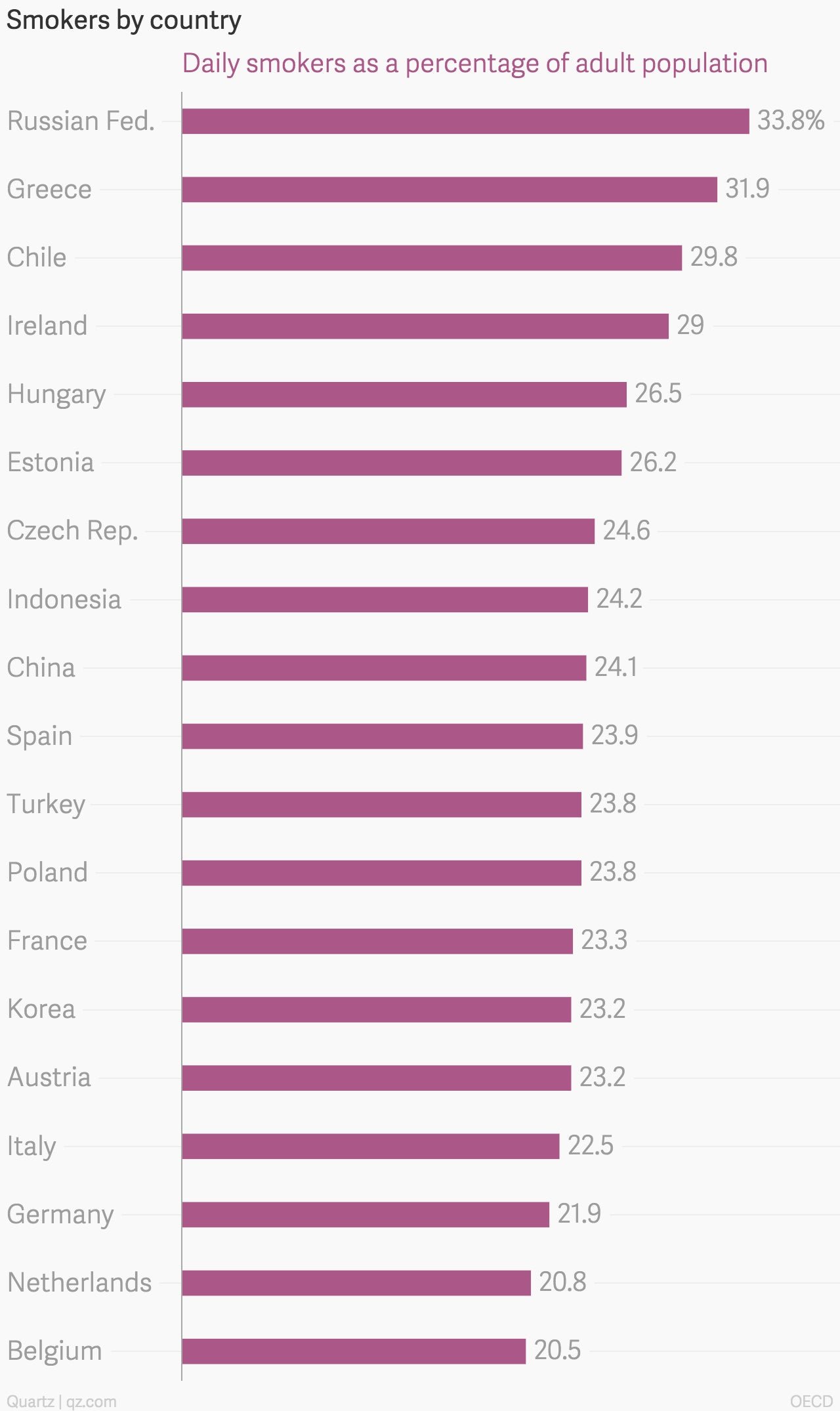China is voting on a hand signal to tell people to stop smoking
China, home to a quarter of the world’s smokers, is rolling out measures to encourage people to cut back on tobacco. As of June 1st, smoking will be banned in indoor public places throughout the country, with fines of up to 200 yuan ($33) for individuals and 10,000 yuan for businesses that break the rules.


China, home to a quarter of the world’s smokers, is rolling out measures to encourage people to cut back on tobacco. As of June 1st, smoking will be banned in indoor public places throughout the country, with fines of up to 200 yuan ($33) for individuals and 10,000 yuan for businesses that break the rules.
Part of the campaign is raising public awareness. Almost a quarter of Chinese adults smoke, and 1 million die from tobacco-related diseases each year, but most people know little about the health effects of smoking or being around smokers. As a result, Beijing officials have launched a rare democratic initiative by asking online users to vote on one of three gestures (link in Chinese) to tell a nearby smoker to stop.
Voters are making their choices on the messaging app Weixin, under the public account wuyanbeijing, or “smoke-free Beijing.” As of Wednesday afternoon, the gesture of holding a palm out is winning. But other observers are already making fun of the campaign. One wrote (registration required) on the microblog Weibo, “Why do we need gestures? We’re not dumb.” Another said, “At first I thought these were gestures for telling a pervert to get lost.”

It’s not likely that hand gestures alone will be enough to lower smoking rates in China, where cigarettes cost as little as 3 yuan ($0.50) a pack. A previous ban on smoking in public outdoor spaces has been largely ignored. The new campaign also encourages residents to upload videos of violators and promises to curtail advertising for cigarette brands.

Moreover, the tobacco industry provides as much as 10% of government revenues, and the powerful state-backed State Tobacco Monopoly Administration is responsible for deciding and implementing many of these policies.
Gestures may also not be enough to stop the tide of future smokers. A 2013 study by Johns Hopkins University found that 22% of Chinese five and six-year-olds expect to be smokers when they grow up.